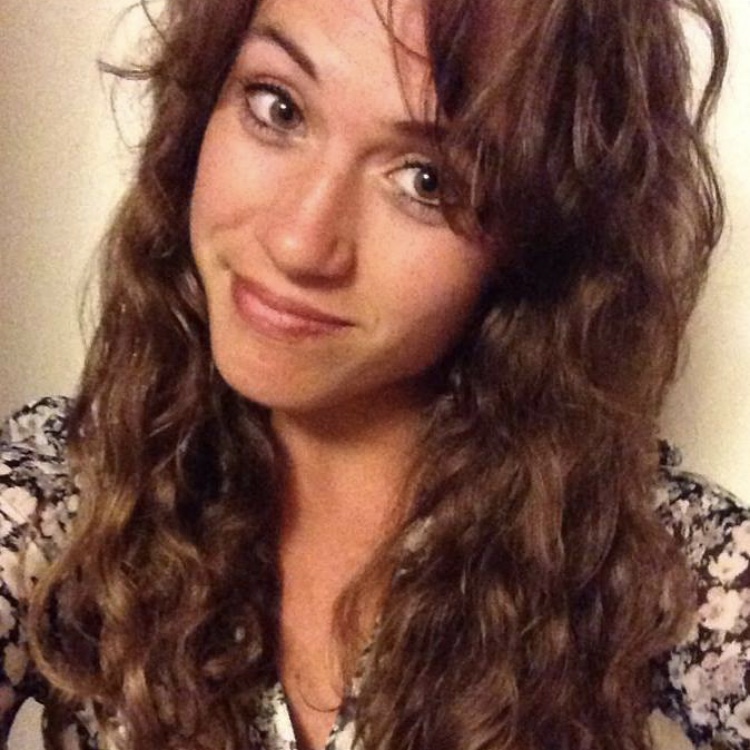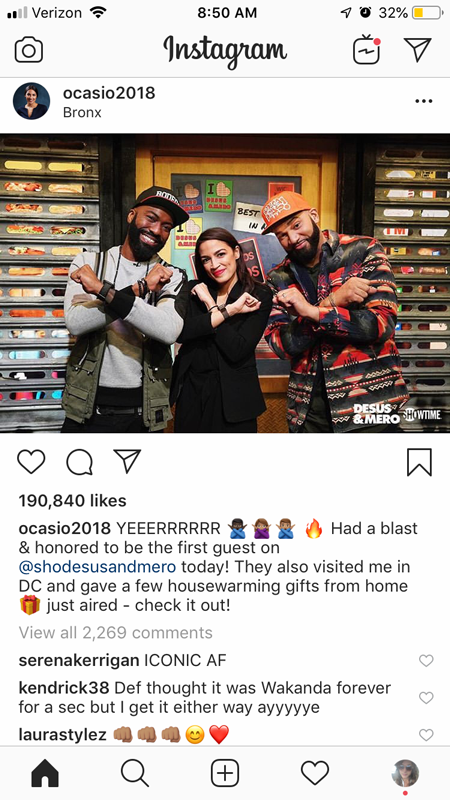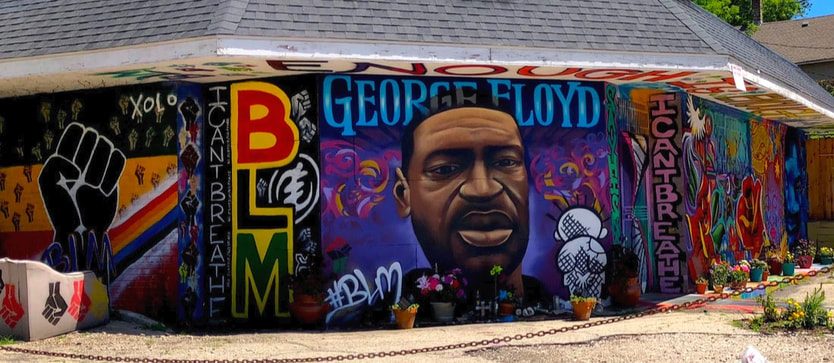
The story of my connection to digital rhetoric begins with Congresswoman Alexandra Ocasio-Cortez (AOC). She ran for Congress in the 2018 midterm election and won against tough odds. The way she utilized social media such as Twitter and Instagram rhetorically to build community and build trust with her local constituents caught my attention. I had been studying multimodal meaning-making in digital spaces, including emojis and other symbolic communication; but, for me, AOC’s digital and rhetorical strategies made everything click into place. I studied the way she balanced her personal and the political identities on social media platforms, how she connected with people in real time via Instagram Live (and more recently, via Twitch!) and how she shared knowledge with her followers about her role as Congresswoman through Instagram Stories.

I’m so intrigued in general by the ways in which people utilize various technologies in their everyday lives in order make meaning, perform identities, and communicate with others, both near and far. Every day, we make meaning not only through words but through a wide range of communicative, nonverbal, and often multimodal practices.
While my MA project focused on rhetorically analyzing AOC’s use of digital technologies, I hope to turn my PhD research to more local rhetorical practices happening in the city of Milwaukee. As a member of the editing team for Writing and Rhetoric MKE, a graduate student blog at the University of Wisconsin-Milwaukee, I have been working with the team to fully transform our blog from largely academic-focused to community-focused. We have committed our blog to being antiracist and to center antiracist organizations, protests, and social justice work being done in our local community. I’m interested in continuing this transformative work as I search for an answer to the question everyone asks you in your PhD – What’s your dissertation about? I don’t know, yet, but I do know that community work centered on social justice is important to me and to my research within digital rhetoric.

As a DRC fellow this year, I hope to contribute a feminist perspective of care for the work we put forth. Given our current moment, I’ve been striving to reflect on how I can take actions focused on social justice, even if they are seemingly small in the grand scheme of things. I hope to bring my feminist lens to my role as a fellow, and work to highlight the amazing effort that others in our DRC community are putting forth to center care in their roles as researchers, scholars, students, teachers, and community members. A question I hope to answer for myself this year: How can we lead with care in our various (and most likely multiple) roles as we work through the impacts of a continuing global pandemic, a necessary social justice movement, and our nation’s changing and worrisome political arena?
It is hard to shuffle all of these interests and concerns away into a compartment, as if I might open another that holds my personal interests outside of those I’ve mentioned thus far. Especially now, as I teach, tutor, and take PhD seminars from home, while also helping my kids with their own remote learning. Every day, I’m experiencing and reflecting on the affordances, constraints, and complexities of digital rhetoric. With all these roles being enacted in one place, I’m not sure about much at this point except that I love my morning coffee ritual and I’m grateful my family is able to be home – despite the craziness that happens here on a daily basis. And, I may have downloaded TikTok, but not to post videos! For research on digital rhetoric. Just for research! (:
